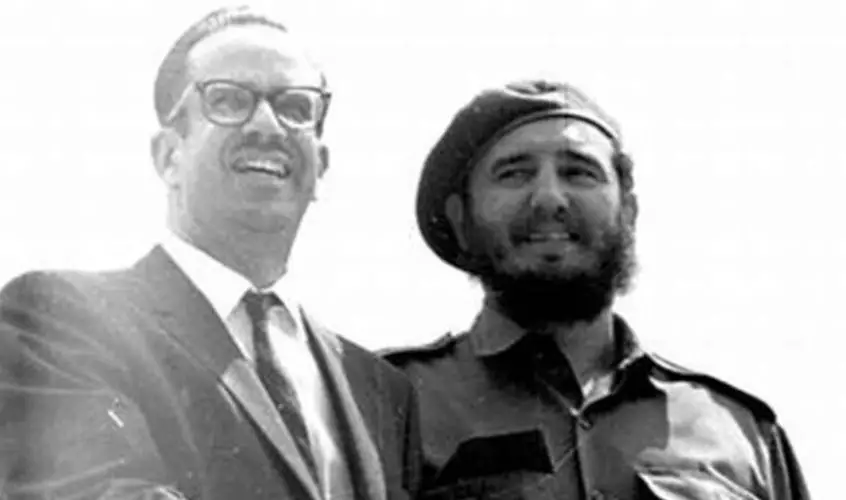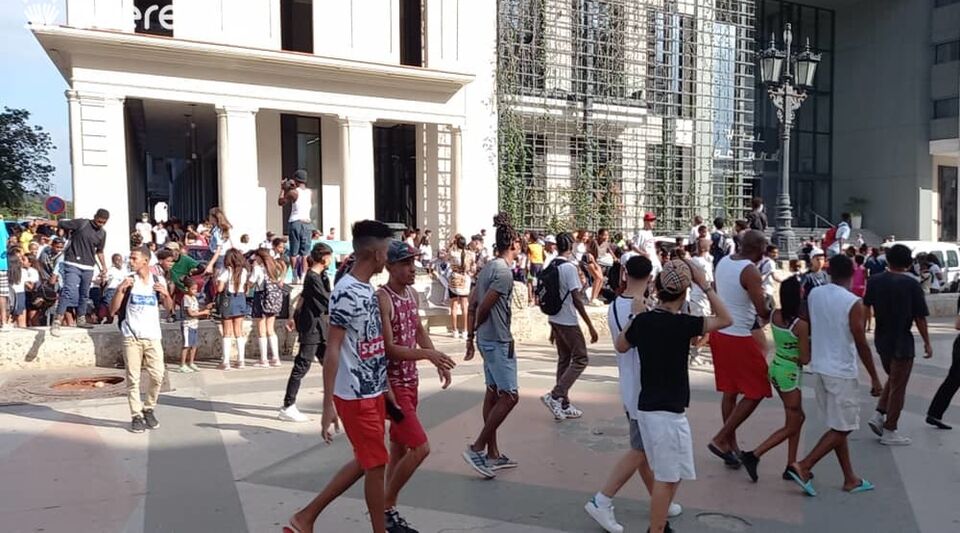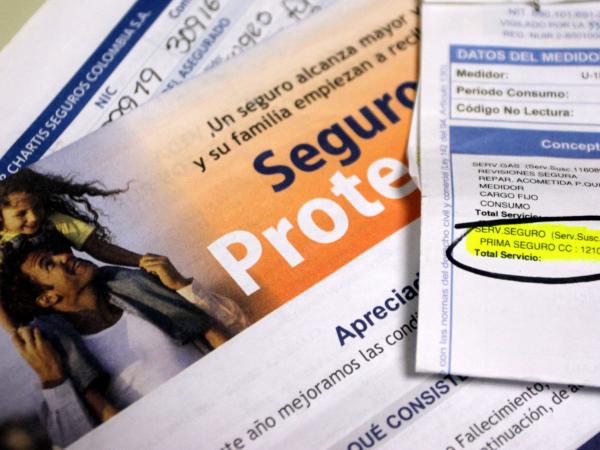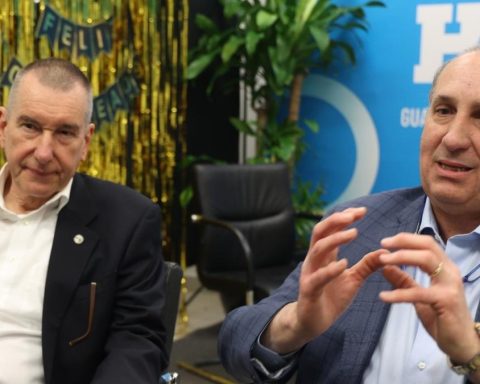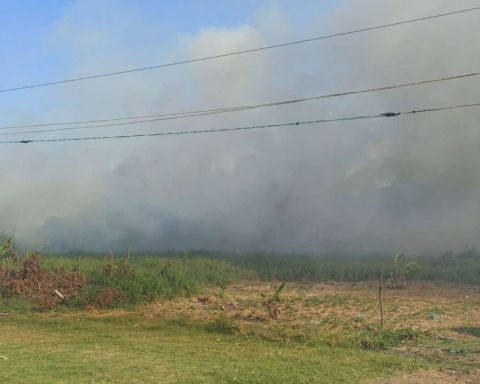Havana Cuba. — On February 16, 1959, Fidel Castro took office as Prime Minister, replacing José Miró Cardona, who had resigned due to disagreements with the President Manuel Urrutia. Until that moment, Castro —who 38 days earlier had entered Havana at the head of the guerrilla army that overthrew the Batista regime— had said that he did not want to join the government, but rather oversee it in his capacity as head of the Revolution, without being obliged to to participate in official acts.
Showing reluctance and as if he were making a great sacrifice, the condition that Fidel Castro imposed to accept the position that would confer on him the powers of head of government was to continue wearing the olive green uniform and allowing him to have direct control of general policy. For this, it was necessary to modify article 146 of the Basic Law with which the new regime replaced the 1940 Constitution, which was not restored as Castro had promised during the insurrection.
After the modification, article 146 established: “It will correspond to the prime minister to direct the general policy of the government, to dispatch with the president of the republic the administrative matters, and accompanied by the ministers, those of the respective departments.”
In the speech during the inauguration as Prime Minister, Fidel Castro said: “I will be here as long as I have the confidence of the President of the Republic and while I have the necessary powers to assume responsibility for the task that has been imposed on me. I will be here as long as the highest authority of the Republic —which is the president— considers it pertinent or my conscience tells me that I am not useful. It is unnecessary to reaffirm my respect for the hierarchy, my absence of personal ambitions, my loyalty to the principles, my firm and deep democratic conviction.
But four months later, Fidel Castro would make one of his most perfidious plays. On the morning of July 17, 1959, the newspaper Revolución, the organ of the M-26-7, announced on the front page, in five and a half-inch black letters, that Castro was resigning from the post of Prime Minister and announced that in a few hours, In a television appearance, he would explain the reasons for his decision.
That night, before the CMQ cameras, Fidel Castro said that his resignation was due to the impossibility of continuing in office due to the difficulties with President Urrutia. Those difficulties to which Castro was referring were the denunciations of the then president against the growing communist infiltration in the government.
Fidel Castro, who had repeatedly denied that he was a communist, said about Urrutia’s attitude: “To be promoting the specter of communism without any reason or justification is to be promoting foreign aggression against our country.”
Making a waste of histrionics and hypocrisy, he released the following tirade to justify his resignation: “I want the people to reason and tell me if in my capacity as prime minister, without resigning, I could come to make this statement here. I want the people to tell me, honestly, if they believed that it was the correct procedure, after all this is being plotted, after the anguish that the country has been experiencing, after the slander campaigns, to present an accusation that would result in the dismissal of the president, and that they present me to the whole world as a classic caudillo removing and installing presidents of the republic; Tell me if you had any other procedure but the procedure to resign to be able to express these facts to the people.”
Fidel Castro knew that with overwhelming and vociferous popular support on his part and command of all military forces, Urrutia would have no alternative but to resign from the presidency. And indeed, before Castro’s televised appearance ended, Urrutia’s resignation was announced. It was a televised coup.
A couple of hours later, the Council of Ministers announced that the new president would be the lawyer Osvaldo Dorticós Torrado.
But the antics were not over. The new president did not accept Fidel Castro’s resignation and the Council of Ministers implored him to remain in charge of the government. However, the Commander made himself begged for nine days, during which, among other things, he participated in a ball game between the teams of the Rebel Army and the Military Police and led a simulated naval battle on the Havana Malecón that it consisted of the sinking of two dilapidated boats and in which there was little lack for a plane to crash that brushed the sea with its propellers.
It was not until July 26, during a massive rally in the Plaza Cívica, renamed Plaza de la Revolución, that Fidel Castro agreed to continue leading the government to, according to what he said, “obey the popular will.”
Dorticós would be a pawn, a decorative figure until 1976, when, after institutionalization, Fidel Castro became president of the Councils of State and Ministers. So docile and insignificant was Dorticós that they nicknamed him the Spoon Companion, because he did not cut or prick. With broken health, in the midst of a depressive crisis, he committed suicide in 1983.
